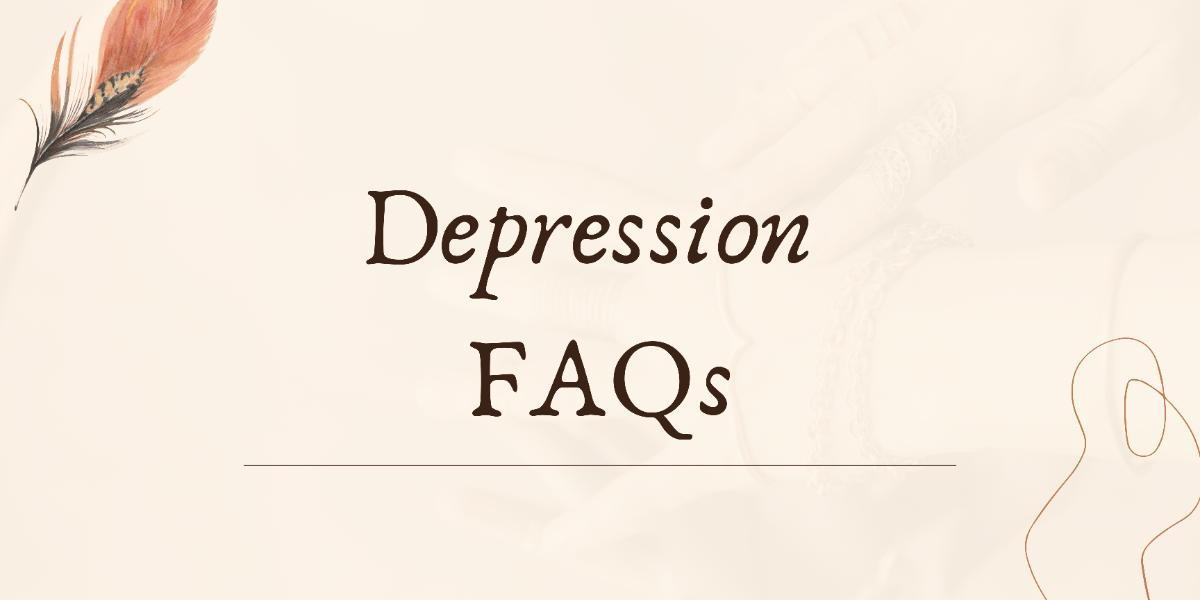
Depression, whether it is major depressive disorder or clinical depression, is very common but also serious. Its symptoms can affect how you feel, think, and handle daily activities.
1. What is depression? Clinical depression is a serious condition that negatively impacts a person’s thoughts, feelings, and behaviors. It is persistent and often interrupts one’s ability to experience pleasure and significantly impacts one’s functioning in daily life. Symptoms can last for weeks, months, or years, and can lead to significant impairment, other health-related issues, and in some cases, suicide.
2. What are some of the symptoms of depression? Symptoms include: (1) depressed mood for most of the day, nearly every day (2) markedly diminished interest or pleasure in activities most of the day, nearly every day (3) changes in appetite that result in weight losses or gains unrelated to dieting (4) changes in sleeping patterns (5) loss of energy or increased fatigue, and more.
3. How is depression diagnosed? Visiting a doctor for a medical evaluation is a good first step. Certain medications or medical conditions can cause similar symptoms as depression. A doctor will be able to rule out any other possibilities. If they rule out every other possibility, they can either implement treatment or refer the patient to a mental health professional.
SAMHSA’s National Helpline is a free, confidential, 24/7, 365-day-a-year treatment referral and information service for individuals and families facing mental and/or substance use disorders. Call: 1-800-662-HELP (4357).
